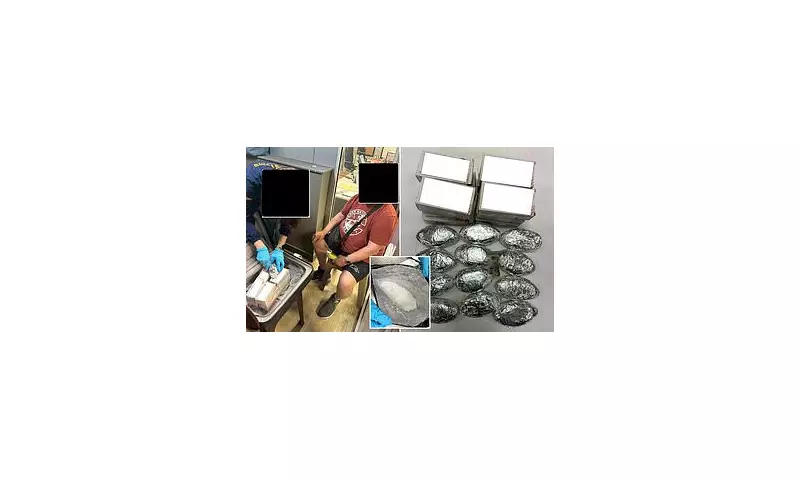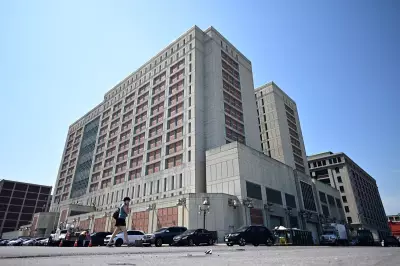
Thai authorities have intercepted a brazen attempt to smuggle a massive quantity of methamphetamine, revealing a plot that sounds like it's straight out of a crime thriller. An Australian man now stares down the possibility of the ultimate punishment after officials uncovered his cleverly concealed cache.
The discovery was made not in a shadowy port or airport, but within the bustling operations of Thailand's Bangkok International Mail Centre. Customs officers, acting on intelligence, selected a seemingly innocuous parcel for a routine X-ray scan. What they found inside was anything but ordinary.
The Household Appliance Ruse
The smuggler's choice of concealment was both ingenious and audacious. The four kilograms of high-purity crystal meth, known locally as 'ice', had been meticulously hidden within the internal components of a common household air compressor. The device was expertly taken apart, stuffed with bags of the illicit substance, and reassembled to avoid detection by the naked eye.
This method of operation points to a sophisticated understanding of smuggling techniques, aiming to exploit the sheer volume of international mail that passes through such facilities every day.
A Chilling Destination
Perhaps most alarming for authorities was the intended final destination of the drugs. The parcel was not addressed to some anonymous warehouse; it was destined for a private residential address in a suburb of Bangkok. This detail suggests the drugs were meant for distribution within the local community, fueling addiction and social problems on the ground.
The street value of the seizure is estimated to be a staggering 10 million Thai Baht (approximately £220,000), underscoring the significant blow this interception has dealt to the trafficking operation.
The Suspect and the Stakes
Investigators quickly identified the sender of the parcel as a 34-year-old Australian male. While his identity has not been publicly released, he now faces charges under Thailand's notoriously strict Narcotics Act.
The charges carry the most severe penalties possible. If convicted, the accused could be sentenced to life imprisonment or even the death penalty, a stark reminder of the zero-tolerance approach Southeast Asian nations take towards drug trafficking.
The case has been handed over to the Office of the Narcotics Control Board (ONCB) for a full investigation, as international authorities likely assist in tracing the network behind this failed shipment.





